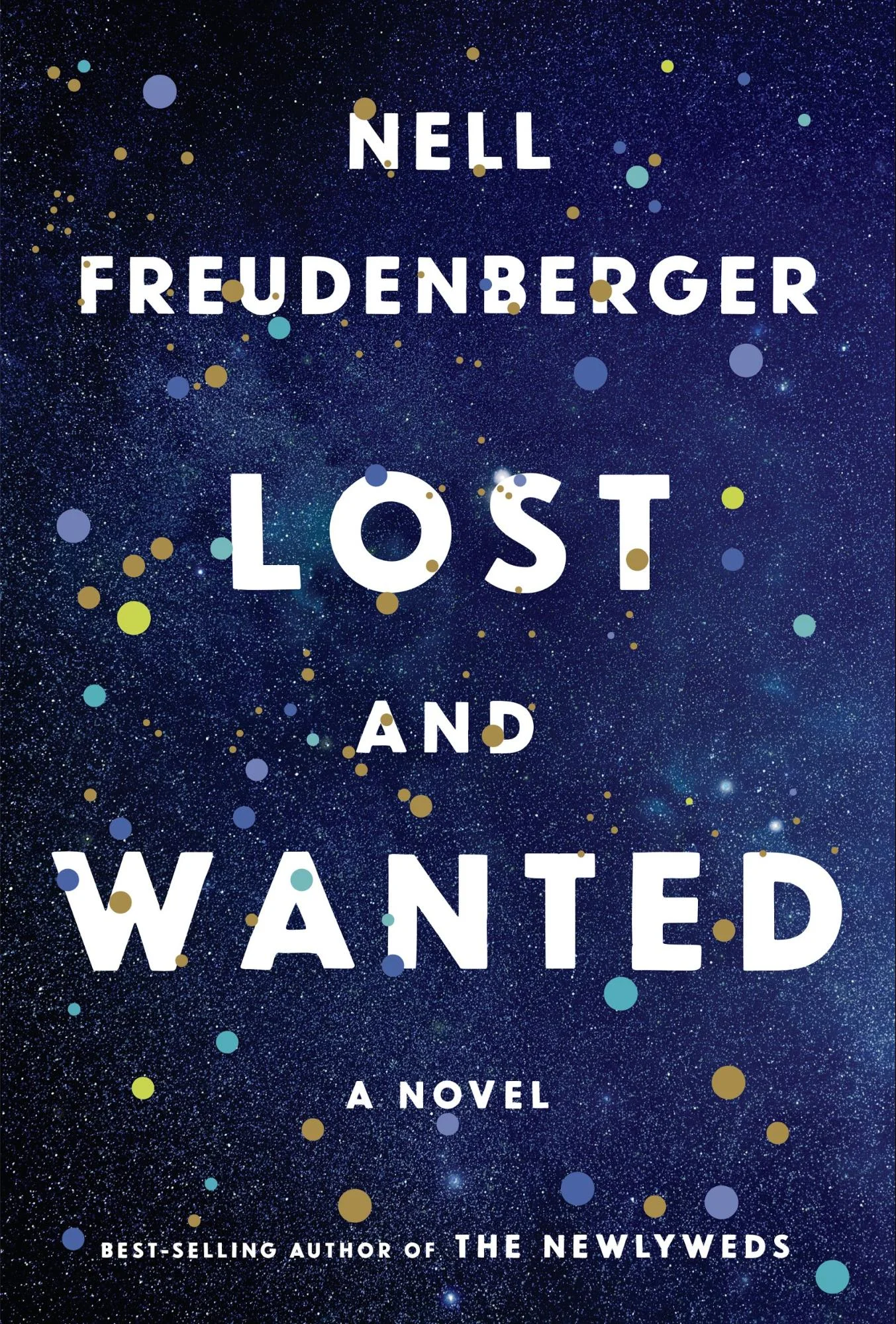by Tess Crain
Friday night, in Toronto, Slovenian philosopher and analyst Slavoj Žižek will debate Canadian psychologist Jordan Peterson on the topic of “Happiness: Capitalism vs. Marxism,” with Stephen Blackwood moderating.
The internet (including Twitter, Toronto Life, the Chronicle, and the Stranger) has a lot to say, and the more you read, the more the debate seems like a title fight or crossover smackdown: it’s the “debate of the century,” a “philoso-fight”; Peterson “wants to throw. The eff. Down”; Žižek will “verbally curbstomp” Peterson—basically, something between Muhammad Ali vs. Joe Frazier III, Floyd Mayweather, Jr. vs. Conor McGregor, and Alien vs. Predator. Just with words.


















